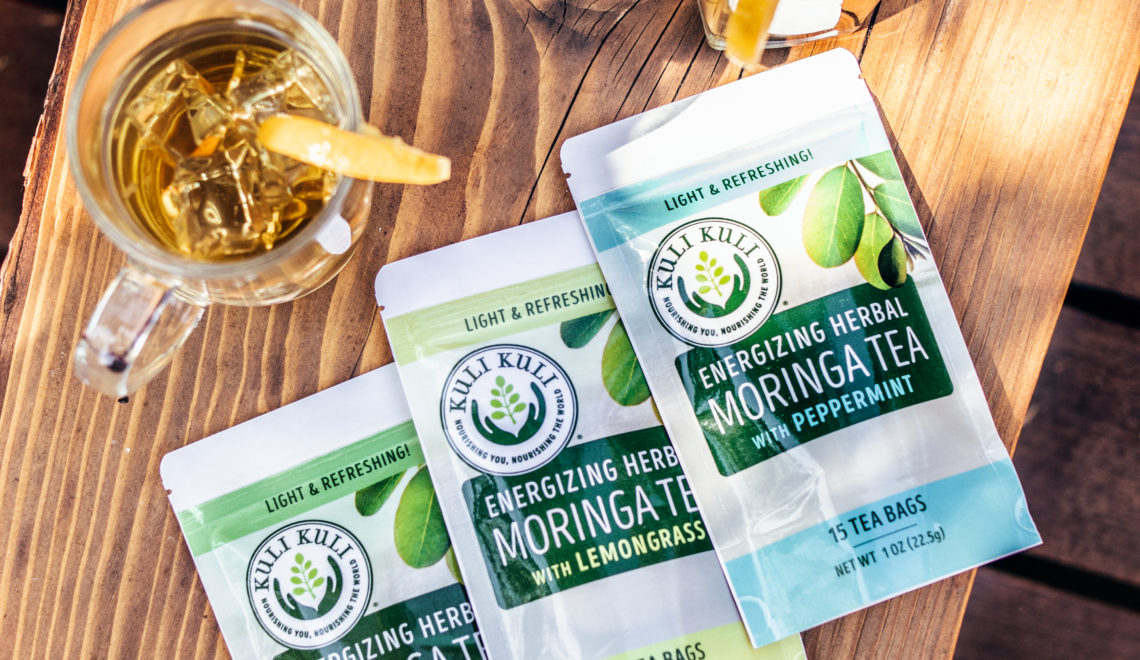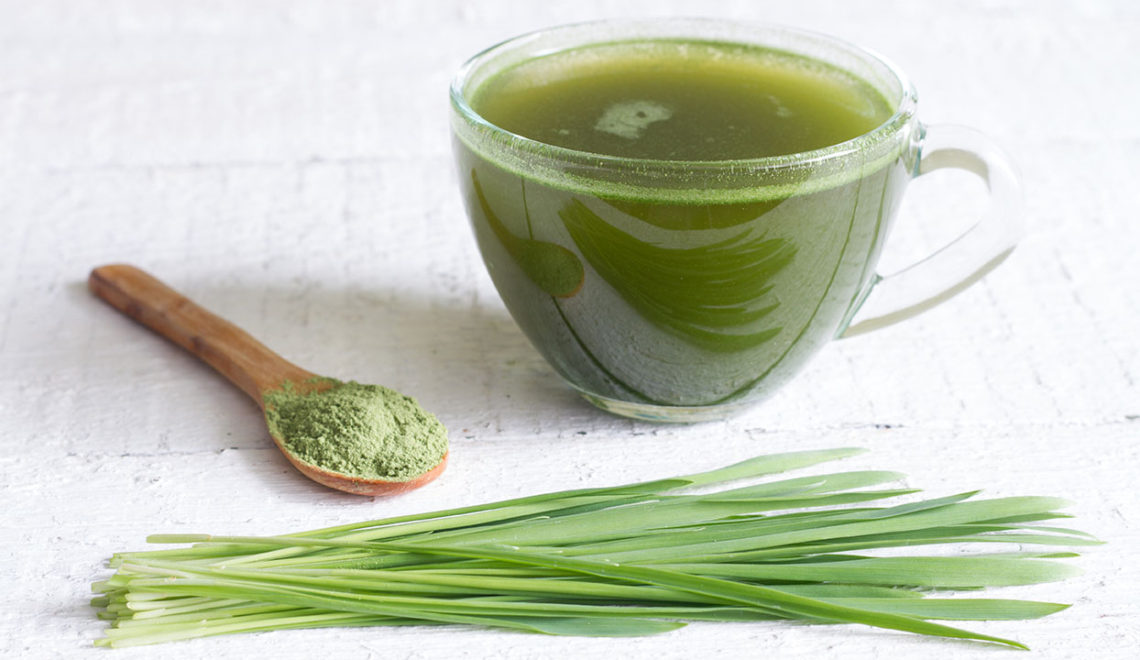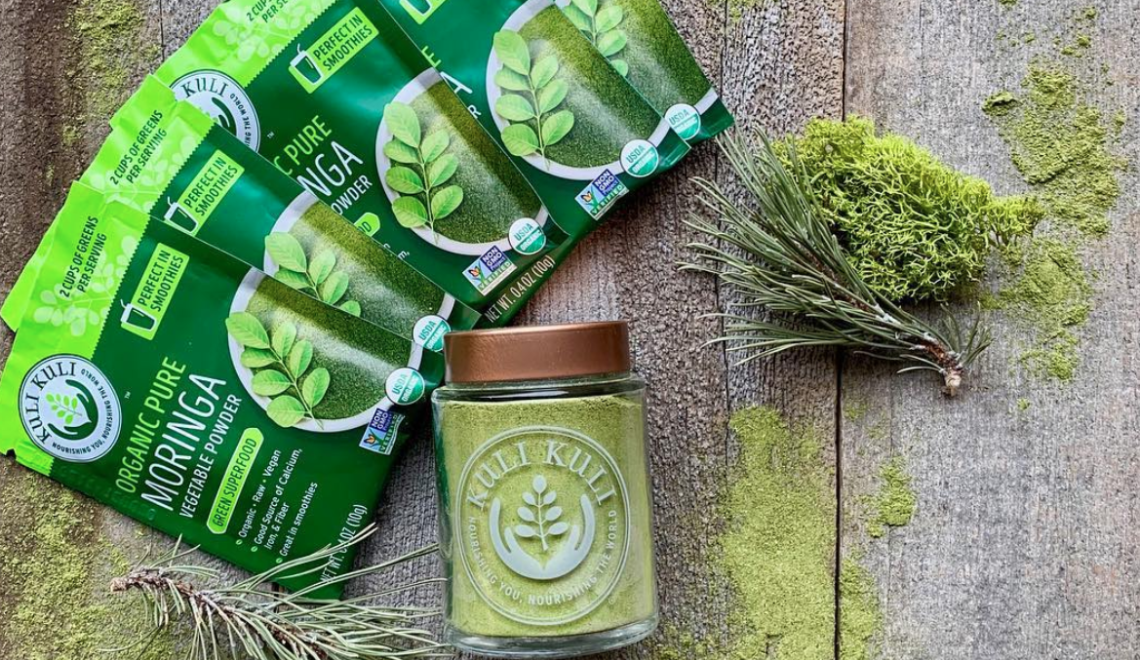Around the world, mothers have relied on moringa to boost the wellness of themselves and their children. Moringa can help new mothers with nursing too, by increasing the quality and quantity of their breast milk. This may sound surprising, but with all of the nutrients and vitamins in moringa, it also makes sense.
We’ll cover the basics of how moringa can help with breastfeeding, and hope to be a resource for new mothers too.
How Moringa Helps Breastfeeding
There are many challenges faced by mothers raising infants, as they seek to ensure that both they and their baby are healthy. Moringa can provide—to both mother and baby—nutrients during pregnancy as well as nutrients during the postpartum stages of motherhood.
Before we focus on breastfeeding, we also offer a related article on 3 Ways Moringa Can Help New Mothers. Moringa oil can be used for soothing baby massages, while organic moringa powder consumed by mothers can increase the quality of their breastmilk. Not all moringa powder is equal in its quality though, and it’s important to trust your source of moringa.*
1. Moringa Can Increase the Quantity of Breast Milk
Nursing infants is not easy, but many new mothers find that moringa helps increase the amount of breast milk they produce. How? Moringa is a lactation enhancer.
Moringa has been studied for decades as a natural galactagogue (a substance that promotes lactation), from South East Asia, to Sub-Saharan Africa.
Whether pumping milk or nursing, moringa can increase the amount of milk produced. According to one study with a double-blind randomized control trial, moringa increased the amount of breastmilk produced by postpartum mothers on days 3-5 after giving birth.
This particular study involved preterm infants, who are more vulnerable than full-term babies. Women given the placebo did not experience a significant increase in the quantity of their breast milk, while women given moringa did experience a significant increase. Imagine if women around the world, nursing newborns, had access to the nutritious benefits of moringa. Malnutrition, at a global level, could be addressed.
Moringa is also rich in minerals zinc and copper, which support the body’s functions and fuel vital organs, both of which are necessary to replenish after a feeding.
2. Moringa Can Increase the Quality of Breast Milk
We are what we eat. When mothers consumer moringa, the nutrients help both the mother and the newborn. You can learn more about the Top 10 Reasons to Eat Moringa for a brief overview. Essentially, because moringa is so nutrient-dense, it is a great daily addition to your overall diet, especially during the postpartum days.
Whether consuming moringa in a daily smoothie, or adding moringa to soups, this superfood can help with postpartum breastfeeding needs.
Postpartum use of moringa increases maternal vitamin A intake, thus increasing the vitamin A content of breast milk for at least six months. Around the world, women often bear the brunt of malnutrition; however, moringa can be used as a way to ensure mothers, newborns, and children, receive their daily nutrients.
Moringa can also help with the fatigue that often comes with new motherhood. If you’re curious about the broader ways Moringa is Good for Women, please explore our article that goes into this in more detail.
3. Are Breastfeeding Vitamins Necessary?
We recommend you check with your doctor for specific medical advice, and consult their opinion on breastfeeding vitamins. It is important to note that moringa is high in vitamins A, C, E and a handful of B vitamins. These vitamins are known as the “antioxidant vitamins” and they help combat illness and infection.
Vitamins A and E also help keep cells healthy, and prevent cellular mutations. If you want to learn more about the role of these vitamins and the immune system, we offer a great article on The Science Behind Nourishing Immunity.
Breastfeeding is largely recommended as the baby’s sole source of nutrition for the first 6 months of their life. It helps carry the hormones, cells and antibodies that support the baby’s development, strengthen the immune system, and lower the risk of contracting infections.
Many mothers want to breastfeed their children, but struggle with milk supply. This is where moringa can help. As always, should you wish to pursue using moringa as a nutritional supplement for yourself and your baby, we advise that you contact a healthcare professional for personalized advice.
*All of our moringa products are inspected for microbiological inspection and heavy metals. Our quality assurance requires that our moringa is tested at least four times before meeting the shelves.
At Kuli Kuli, we believe that moringa is one piece of the larger health puzzle. Has moringa helped you with breastfeeding needs? Let us know in the comments!
Follow us @kulikulifoods or leave us a comment. We’d love to your favorite ways to enjoy the benefits of this miracle tree.













